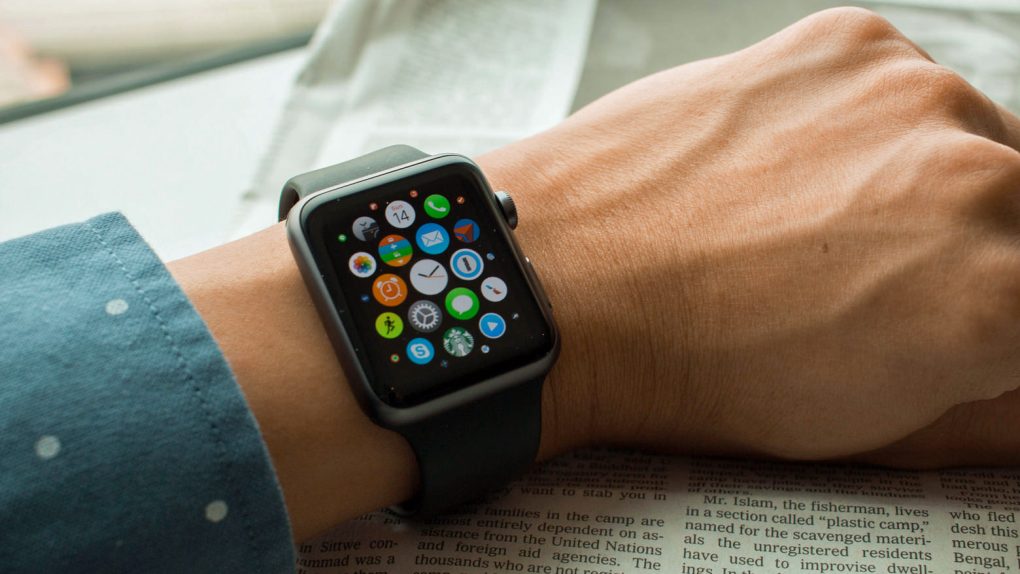Smartwatches are normally touted for their ability to track our activity, count steps, and log our heart rate during a morning run, but the devices have a hidden ability that isn’t advertised: tracking illness. That might sound crazy, but a Stanford professor and his team just proved it with an extremely thorough two-year study where volunteers equipped with a variety of wearables demonstrated telltale signs of illness via biometric readings well in advance of becoming noticeably ill.
Michael Snyder, a professor in genetics at Stanford, along with over forty other participants committed to wearing a number of different activity trackers, heart rate sensors, and other wearables for up to two years, recording over 250,000 daily measurements in total. With key physiological data like blood oxygen levels, skin temperature, and heart rate being tracked and plotted over time, the team discovered that they could predict when an individual was becoming sick even if they felt perfectly fine.
In fact, Snyder himself became one of the most important test subjects in the study, as his suite of wearables was able to flag an increased heart rate and decrease of oxygen in his blood. Snyder felt fine, but his readings were telling him something different. Eventually a fever developed, and remembering that he had recently been bitten by a tick, he surmised that he might have Lyme disease. A quick trip the doctor and subsequent prescription treatment confirmed his inkling.
“Once these wearables collect enough data to know what your normal baseline readings are, they can get very good at sensing when something’s amiss,” Snyder tells NewScientist. “We think that if your heart rate and skin temperature are elevated for about 2 hours, there’s a strong chance you’re getting sick.”
Of course, every wearable currently being sold comes with some type of a warning stating that it’s not meant to diagnose or even detect any type of illness. It’s a boilerplate disclaimer that covers the manufacturer’s butt if a disgruntled user attempts to claim that their wearable negatively impacted their health. But if your smartwatch could warn you that you’re getting a cold or even contracted Lyme disease, wouldn’t you want to know about it?








